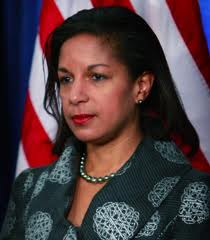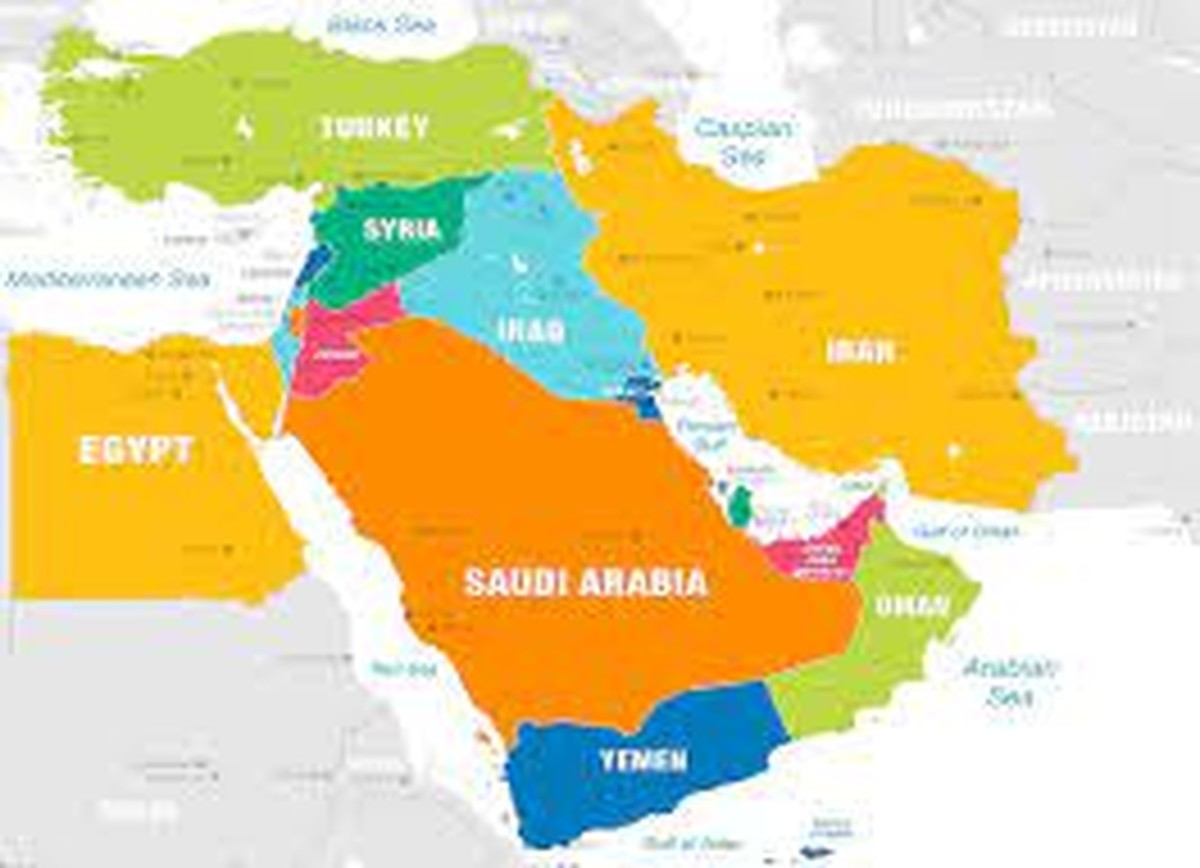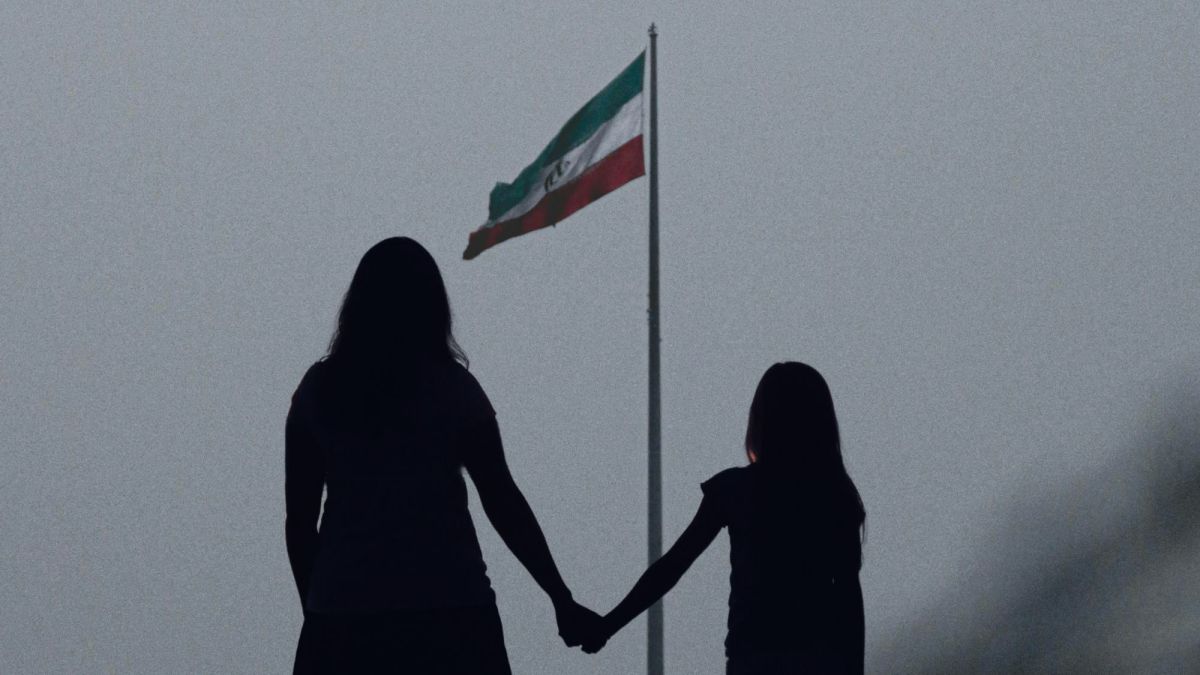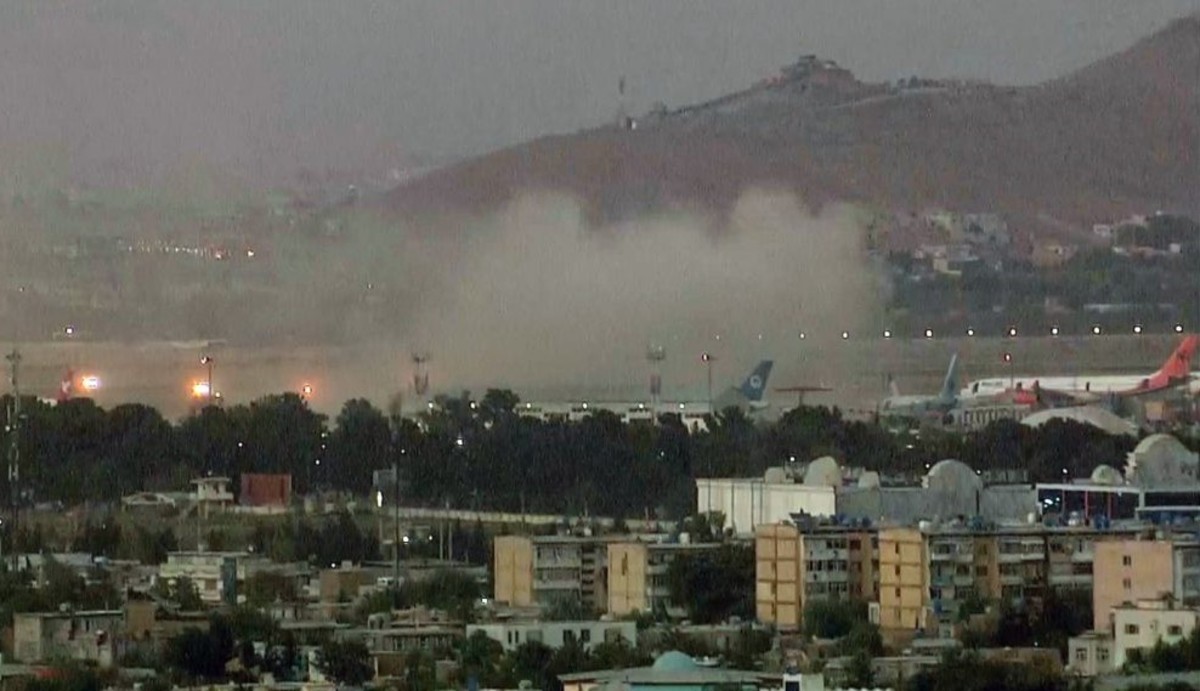Middle East Double Standards & The Wrong Side of History

The US Shows an Inconsistent Hand in the UN
(This is an editorial. Feel free to disagree or agree but please consider the view expressed. Feedback from various viewpoints – Jewish, Arab, Syrian, Russian, GOP, Democrat, etc. – is welcomed.)
* * * * * *
Earlier this week, the US ambassador to the United Nations, Susan Rice, waxed indignant after China and Russia vetoed a Security Council proposal to support the Syrian uprising against despotic President Bashar al-Assad.
The Russian envoy to the UN explained that he feared that the Syrian resolution would serve as a springboard to a NATO invasion of the country, as it did in Libya earlier this year. China opposed the resolution as “interference in internal affairs.”
In an animated response, Rice proclaimed that opposition to the resolution was a “cheap ruse by those who rather sell arms to the Syrian regime than stand with the Syrian people.”
These rousing words ring hollow, however, when contrasted with the U.S. position opposing Palestinian statehood less than two weeks earlier. At that time, President Obama made it clear that the US would veto that measure and demanded that Palestine negotiate instead directly with Israel, a view that is seen as essentially futile in the rest of the world. Such “direct negotiations” have, after all, failed to bring about a ‘two-state solution’ for more than six decades now.
For the Record:
The vote among the 15-member UN Security Council on the Syrian proposal went as follows:
For: (9) the US, Britain, France, Bosnia, Portugal, Nigeria, Germany, Colombia, and Gabon.
Against: (2) China and Russia
Abstaining: (4) South Africa, Brazil, India, and Lebanon.
Explanation: The five permanent members of the Security Council – France, the UK, the US, Russia, and China – hold ‘veto’ power where a no vote automatically kills a proposal. The other ten member states serve for two years, hold no veto power, and then are rotated out and replaced by ten new countries. A vote to abstain can be interpreted as a stand in between a yes or no vote and the four countries in question did so for disparate reasons. See the following article for further analysis.
http://www.bbc.co.uk/news/world-middle-east-15180732
Syria & Palestine: A selective statistical contrast:
Syria: 2,700 protestors killed this year by the Assad regime.
Palestine: 7,800 Palestinians killed by Israeli forces since 2000/ an estimated 1,200 Israelis killed by Palestinian actions during same time period
Syrian per capita GDP in US dollars: $2,410
Palestinian per capita GDP in US dollars: $1,230
(Israeli per capita GDP in US dollars: $25,740
US arms sales to Israel: $7.2 billion over the past decade
Chinese arm sales to Syria: strongest Middle East military ‘partner,’ sales of M-9 ballistic missiles since late 1980s
Russian arms sales to Syria: strongest Russian ally in Middle East: $1 billion in sales in 2010; announced an attempt to “make up” some of the $4 billion lost in military sales to Libya’s Gaddafi regime in the wake of UN sanctions against that country.
Security Council votes in favor of Palestinian statehood: 14
Security Council votes in favor of Syrian condemnation of Assad regime: 9
The Iraqi invasion by the US in 2003 left it with very little credibility in the Arab world. While your average Lebanese, Jordanian, or Bahrainian citizen likely viewed Saddam Hussein as a despotic douchebag, they viewed the American invasion as an act of illegitimate military aggression, a thinly-veiled misguided revenge for the 9/11 attacks against a country which had nothing to do with those attacks.
Factor in current squabbles with Pakistan over its reliability as a partner in the war on terrorism, and the US is being openly challenged as a potentially capable arbiter in any current Middle East peace equation. The threatened veto over Palestinian statehood served to not only further that notion in the Arab world, but among staunch US allies in Europe as well.
Secretary Rice obviously has a valid point in her concern over Chinese and Russian arms sales to a repugnant regime. It seems entirely plausible that the Chinese and Russian vetoes were spurred by a fear of economic sanctions against a paying arms customer.
However, Rice, Obama, and the US State Department can’t have it both ways. Either the US supports “self-determination” and security among the people of the Middle East or it doesn’t. It cannot be a selectively applied value, open to certain deserving groups but not to others. Syria is a traditional US enemy; Israel is a staunch US ally. While it’s easy to support a revolt against a pariah, Obama appears to have bowed predictably to the strong Jewish lobby within American politics, but he does so at the price of American foreign policy credibility, and possibly even American foreign policy relevance.








